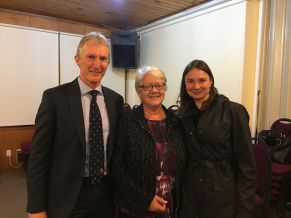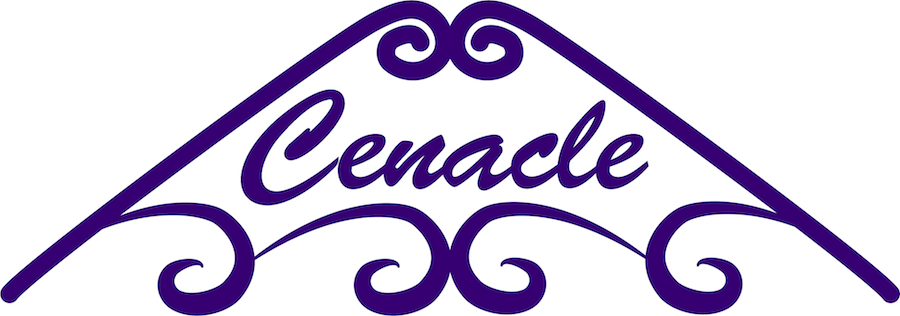What kind of country do we want to be?
A responsive crowd of about 70 people braved wild weather to gather at the Anglican Annex in Tawa on 25 September 2017 to hear two speakers from Immigration NZ speak about Modern Slavery and Exploitation, particularly in Aotearoa NZ.
The event was organised by ANZRATH, the group of religious and friends from the Archdiocese of Wellington. This group works to increase awareness of exploitation and trafficking as a growing reality in NZ.
The speakers, Dr Rebecca Miller and Peter Devoy from Immigration NZ were well equipped both in experience, knowledge and passion to give a global overview of modern slavery and trends in NZ regarding human trafficking and exploitation. Human trafficking is now the second most significant organised type of crime globally, with an estimated “income” of $150 billion annually. The Asia Pacific region is host to by far the largest number of trafficked and exploited persons in the world.
Many people travel willingly to NZ in search of a better life for their families. However, there is a lot of exploitation in migrant communities. People can be deceived by the “promise” of residency and are often prepared to do anything in order to work and search for a better life. Such “promises” of residency, citizenship or jobs usually involve the person being coerced or deceived into paying large sums of money to “obtain the residency” or the promise of a job which turns out to be either non-existent or very low wages or none at all.
Such forms of coercion or deception result in the serious undermining of the victim’s personal freedom and ability to make choices for themselves.
Peter Devoy said that in NZ, labour exploitation is a growing trend, particularly in the hospitality, agriculture and horticulture industries. Victims fear that coming forward and speaking their concerns will make matters worse as the offending person or community can be very intimidating. However, there have been some successful prosecutions of offenders; victims have been supported through this process and beyond in practical and compassionate ways.
The evening was also an opportunity for conversation and we were given some key common indicators regarding the question of identifying victims:
-
the person is coerced to remain in the situation
-
their identity documents have been taken from them
-
their working days/ hours are excessive
-
they receive little or no pay
-
their living and working conditions are inhumane and/or degrading
-
they are subject to threats or experience psychological or physical violence
In the event of serious and genuine concerns about possible victims, we were advised to contact NZ Police, or Crimestoppers on 0800 555 111 or https://www.crimestoppers-nz.org.
“Who made your clothes?” raised questions about ethically produced fashion alongside the power of consumers in the fight against people trafficking and exploitation. For further information, see https://www.tearfund.org.nz/ethicalfashionguide.
Some international brands such as Nestle, have already changed to ethical purchasing because of public demand.
Dr Miller encouraged the audience: “Don’t underestimate the power of educating ourselves” or of consumer power and building right awareness.
In speaking of a type of trend of corruption in some areas of the labour market, Peter Devoy said we need to ask ourselves “what kind of country do we want to be? Some stories revealed the commitment and compassion of the two speakers. The audience was overwhelmed by statistics on the numbers of persons trafficked and exploited yet everyone felt challenged and encouraged to work for the rights and dignity of persons.
By Anne Powell, rc

Peter Devoy, Immigration NZ, Sr Anne Powell, Dr Rebecca Miller Immigration NZ
– Modern Slavery meeting 25 September 2017

